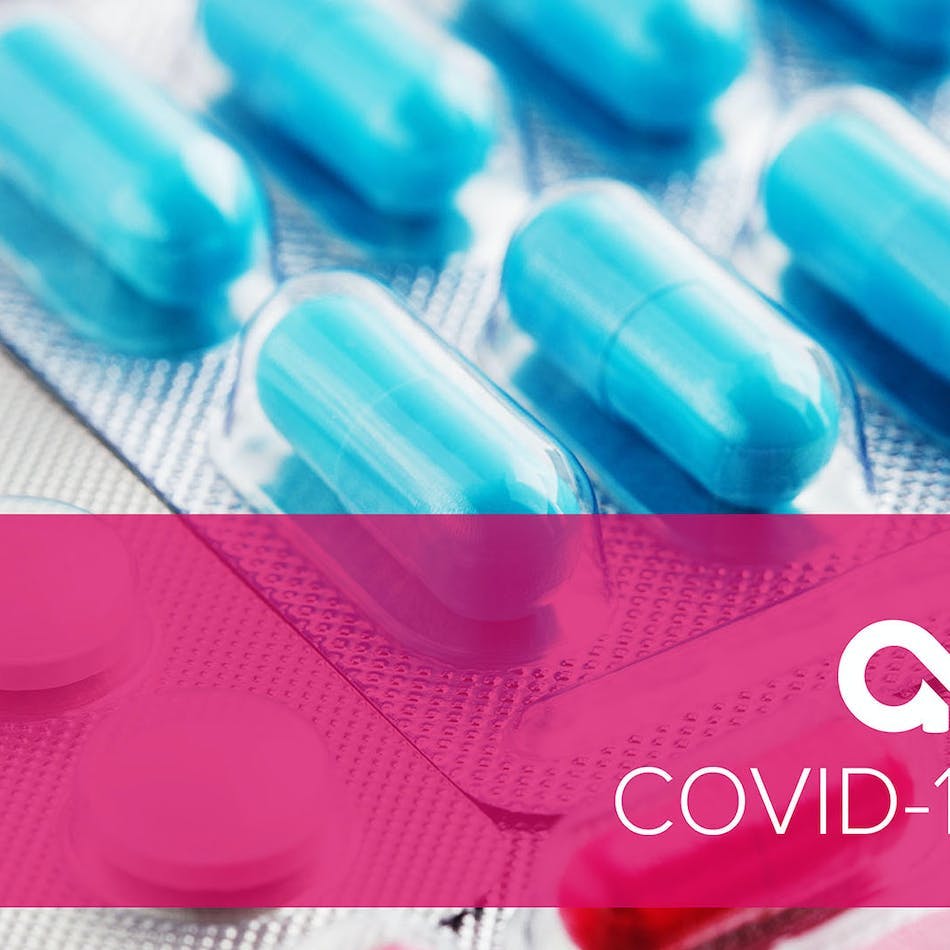COVID-19 and the Impact on Clinical Trials
By Cristina Varner | Published June 26, 2020

As COVID-19 continues to evolve, pharmaceutical, biologic, and medical device companies conducting or planning to conduct clinical trials continue to face challenges that directly impact clinical trials. According to a recent report from Medidata on June 15, 2020, after an initial steep decline in clinical trial activity, both in terms of new patients entering clinical trials and visit rate per test subject for ongoing trials, there is a leveling off of the impact and regional fluctuations. COVID-19 is expected to continue to impact trials, at different times and to varying degrees, worldwide.
ABD’s Life Science Practice continues to closely monitor the impact of COVID-19 on clinical trials and how this may continue to impact clinical trial insurance. As noted in a previous blog from April, companies should ensure that the trial participant’s safety and the integrity of the trial are being maintained and are aligned with FDA and European Medicines Agency (EMA) guidance regarding the conduct of clinical trials during the COVID-19 pandemic.
Rapid and safe implementation of protocol amendments is important to address both site closures and the fact that trial participants no longer receive or have access to the investigational product. Inaccessible sites mean that alternative, remote approaches to drug supply, monitoring study conduct, compliance, patient safety, and data quality are needed. The more trials can be safely “virtualized,” the more likely they will be able to successfully proceed.
Most insurance carriers that provide coverage for clinical trials are aware of the changes in sites to patients’ homes, for example, and are willing to extend coverage to accommodate those changes. It is important to consult with your insurance specialist regarding any material updates to your clinical studies.
The FDA has issued guidance and outlined numerous acceptable mitigations during this time. The FDA regularly updates questions and answers based on major issues sent to clinicaltrialconduct-COVID19@fda.hhs.gov.
Major topics include performing remote “clinic visits” or site monitoring, options for obtaining informed consent, and conducting clinical outcome assessments early. Most recently, the FDA has made its _COVID MyStudies _app available as an option for obtaining informed consent electronically.
Sponsors should continue to assess ongoing trials and determine the potential risks and necessary mitigations. It is also important to establish and assess procedures for protecting study subjects and adjusting trial processes to account for COVID-19 disruptions.
Sites should continue to communicate with Sponsors/CROs and responsible IRBs/ECs to discuss COVID-19 impacts on a trial. That includes discussing all protocol and process changes with study subjects and obtain informed consent for any modifications requiring new or revised consent.
As always, the ABD Life Science Practice is available to answer any questions you many have and will continue to provide important updates affecting life science companies.

Cristina Varner
National Life Science & Healthcare Practice Leader
Cristina Varner is the Life Science Practice Leader, leading a team of experienced account management professionals that service approximately 300 life science accounts. With 20+ years in the risk management field, Cristina is one of the industry’s foremost experts in complex Product Liability exposures and Clinical Trials insurance all over the world. She is the founder of the Life Science Practice at both her former employer and Newfront, deploying her vast experience with life science companies from start-up to grown up.
Connect with Cristina on LinkedIn
